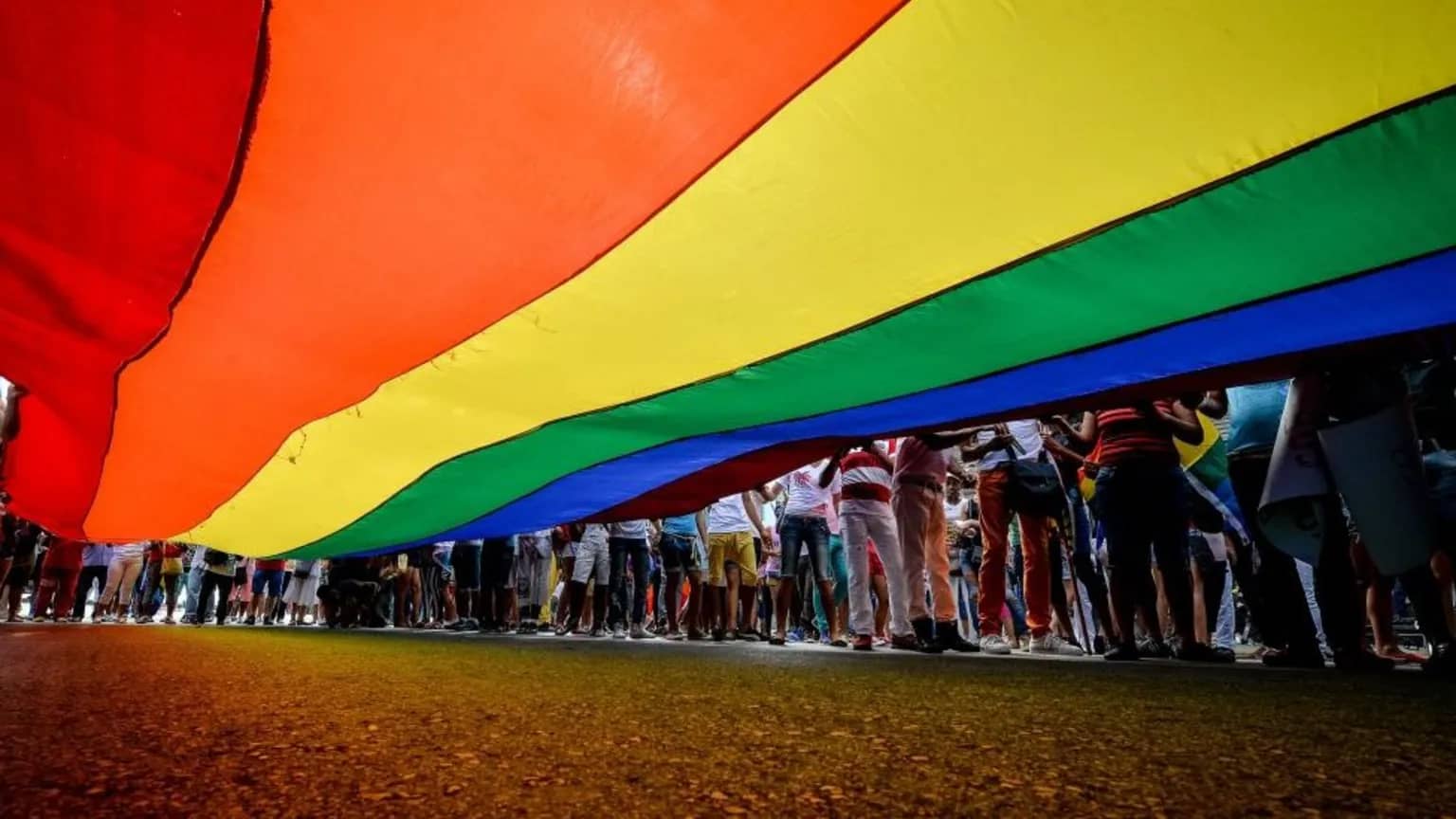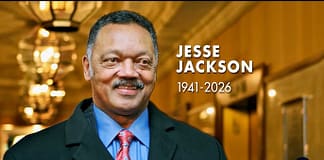
BBC- Dominica’s High Court has overturned a ban on consensual same-sex relations in the Caribbean island nation.
The court ruled parts of the law that criminalised same-sex activity went against the country’s constitution.
A gay man living in Dominica who brought the case said the law violated his constitutional rights.
LGBTQ activists welcomed the decision, hailing it as “a significant milestone in the ongoing struggle for LGBTQ rights in the Caribbean”.
The court ruled that sections 14 and 16 of the Sexual Offences Act, which criminalised consensual same-sex activity between adults, were unconstitutional.
Writing in the ruling, Justice Kimberly Cenac-Phulgence said the court found they breached the right to liberty, freedom of expression and protection of personal privacy, as enshrined in the country’s constitution.
The anonymous claimant, an openly gay man, stated that the laws had condemned him “to live in constant fear of criminal sanction for engaging in consensual sexual activity” and further argued that these laws incited “hateful and violent conduct towards him and other LGBT persons” which he said prevented him “from living and expressing himself freely and in dignity”.
Reacting to the ruling, Daryl Phillip, founder of the charity Minority Rights Dominica (MiRiDom), said: “This ruling sets Dominica on a promising path toward restoring people’s dignity and safeguarding LGBTQ people’s rights to privacy, health, and freedom from torture and ill-treatment, aligning with international human rights obligations.”

He added, however, that the ruling did not mean “that homophobia is going to stop tomorrow”. “It’s a process,” Mr Phillip said.
Outright International, a human rights LGBTQ NGO, said: “Decriminalisation helps create an environment where LGBTQ individuals can live openly without fear of persecution, enabling them to access health care, education, and employment without facing discrimination.”
“The repeal of these discriminatory laws is a testament to the tireless efforts of activists, advocates, and allies who have long fought for justice and equality. It is a victory for human rights and a significant milestone in the ongoing struggle for LGBTQ rights in the Caribbean,” Outright executive director Maria Sjödin said.
Laws criminalising sexual activity between people of the same sex in English-speaking Caribbean nations were first imposed by the British under their rule in the 1800s, according to a report by Outright.
In recent years, a number of Anglophone Caribbean nations have repealed such laws, including Antigua and Barbuda, Barbados, Belize, Saint Kitts and Nevis, and Trinidad and Tobago. A case is also pending in St Lucia.
Caribbean nations where same-sex relations are still criminalised include Guyana, Grenada, Jamaica, and St Vincent and the Grenadines.
Advertise with the mоѕt vіѕіtеd nеwѕ ѕіtе іn Antigua!
We offer fully customizable and flexible digital marketing packages.
Contact us at [email protected]
















Walking around naked if you so wish, is freedom as expression as well, but we can’t do that,now can we?
Not against anyone to act how they want, but at the end of the day, Gods law is the ultimate law. Taking a victory lap from this outcome, is fools gold.
Being gay is unconstitutional. “Freedom of expression” But people are being turned away from financial institutions and government offices for wearing rip jeans and strapless blouse etc. where does it ends. Why do gay people need special treatment when in comes to laws? Youre sheltered under the constitution as long as you are a human being. What special laws or treatment there is for gay people? Best these governments write a gay constitution especially for the lgbtqrsuvwxyz persons.
You’re saying 2 different things though. What gay people want, is not special treatment. Like you suggested, they should be treated the same as everyone else; not fearing that they will be persecuted for having consensual adult relations, just like everybody else. Great point!
o(* ̄▽ ̄*)ブ ╰(*°▽°*)╯
Comments are closed.